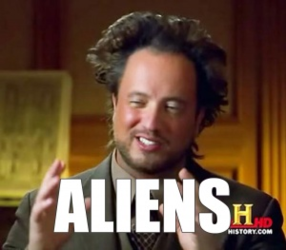- Joined
- Sep 19, 2020
- Posts
- 18
- Reaction score
- 20
- Bookie:
- $ 1,000.00
This question is oriented somewhat toward atheist/agnostics, but anyone can share thoughts on this.
According to Pew, 3.1% of Americans identify as atheist. A broader category is religiously unaffiliated, (“nones”). Nones are rising in America but falling worldwide.
Both atheists and people with no religion are falling as a percentage worldwide.
In light of this, my question: if there is no God, why have we evolved from a species that does not believe in God to a species that does?
We have evolved from ape-like ancestors with no belief or even awareness of God to humans, a substantial and growing majority of whom do believe in God.
if there is no God, it seems evolution has been working backward for a hundred thousand years by implanting a false idea into the most highly evolved species.
According to Pew, 3.1% of Americans identify as atheist. A broader category is religiously unaffiliated, (“nones”). Nones are rising in America but falling worldwide.
Both atheists and people with no religion are falling as a percentage worldwide.
In light of this, my question: if there is no God, why have we evolved from a species that does not believe in God to a species that does?
We have evolved from ape-like ancestors with no belief or even awareness of God to humans, a substantial and growing majority of whom do believe in God.
if there is no God, it seems evolution has been working backward for a hundred thousand years by implanting a false idea into the most highly evolved species.

